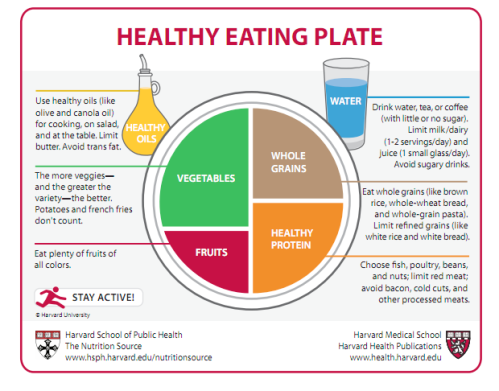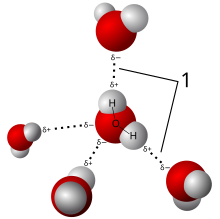Wouldn't it be great? No more starving, nor exercising very hard to lose weight. It would seem a paradox but there's some truth in that statement. However, this doesn't mean that you can eat all you can & exercise as and when you like. Like anything that sounds too good to be true, there's always a catch!
Let me explain. Most people go on strict diet plans to lose weight. They starve themselves and restrict their calories intake to the extreme without knowing that internally the body respond by going into the "starvation mode". It's a innate defense mechanism against starvation.
Is it a myth or reality? When you restrict your calories a significant amount, your body reacts by making all the body processes more efficient at making the most of the calories it does get from food and drink. The body will try to protect the fat stores and instead use lean tissues/muscles to provide it with calories it needs to keep functioning. This leads to loss of muscle tissue, which also lowers metabolic rate so that the body requires fewer calories to keep functioning and weight loss slows down. This is good in famine situation but if you are trying to lose those unwanted pounds, it's a disadvantage. On the flip side, some say that "starvation mode" is a myth because extreme lack of food intake e.g in famine will cause massive amount of fat loss.
How much could you reduce calorie intake without going into "starvation mode"? The answer is it varies with individuals taking into account many variables such as sex, age, height, activity levels, current weight, lean muscle mass & bone structure. To lose weight you must create a caloric deficit i.e calorie intake must always be less than total daily energy requirement of your body. You should aim to eat about 300-500 calories per day less than your total energy requirement to safely lose weight at a rate of 1-2 pounds per week. Experts advise that you should not eat less than 1200 calories a day to prevent starvation mode.
Total daily energy requirement calculation:
Weight in kg
Height in cm
Male: BMR = (Weight x 13.75) + (Height x 5.003) - (Age x 6.775) + 66.5
Female: BMR = (Weight x 9.563) + (Height x 1.85) - (Age x 4.676) + 655.1
Assign activity level:
Sedentary lifestyle 1.2
Light activity (exercise 2-3 times/week) 1.375
Moderate activity (up to 5 times/week) 1.55
Heavy exercise (at least 6 times/week) 1.725
Multiply BMR by your activity level to obtain daily energy requirement
Wait a minute! Didn't I say in the beginning: eat more to burn more fat? Yes, you could eat more but you still have to create a caloric deficit to lose weight & you should also follow these principles:
- Know the foods that cause accelerated fat burning in your body
- Know the particular foods that are preventing you from burning fat
- Put the right foods together in a certain way to create the fat burning effect
There will another post about the foods that could help you burn fat & lose weight. The take home message is that you should NOT restrict your diet & STARVE yourself to achieve weight loss.
Then what about exercise less? I will go into details about this when I get to plan #3 (eventually because it's the hardest part, I think). All about exercise! Watch out for it!
Then what about exercise less? I will go into details about this when I get to plan #3 (eventually because it's the hardest part, I think). All about exercise! Watch out for it!
To be continued



